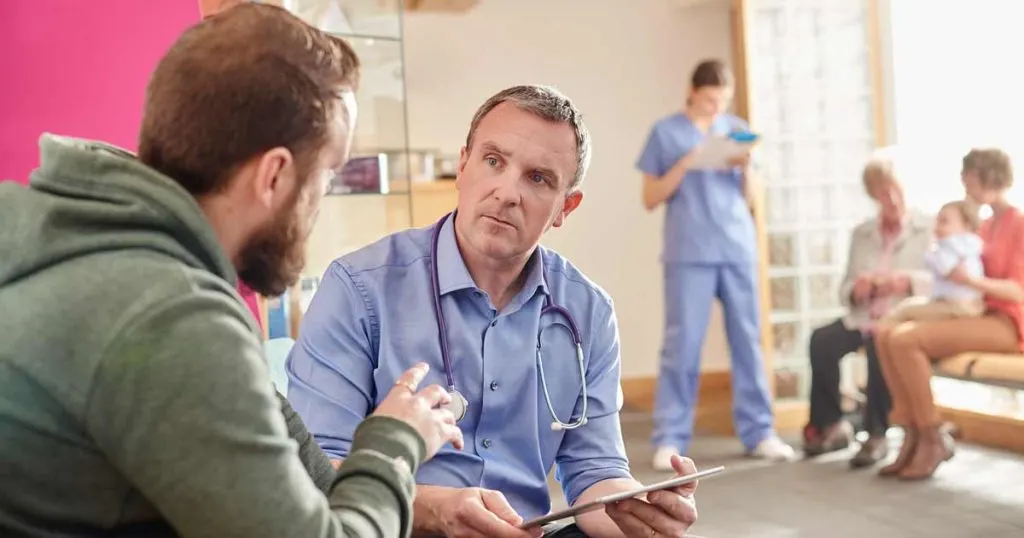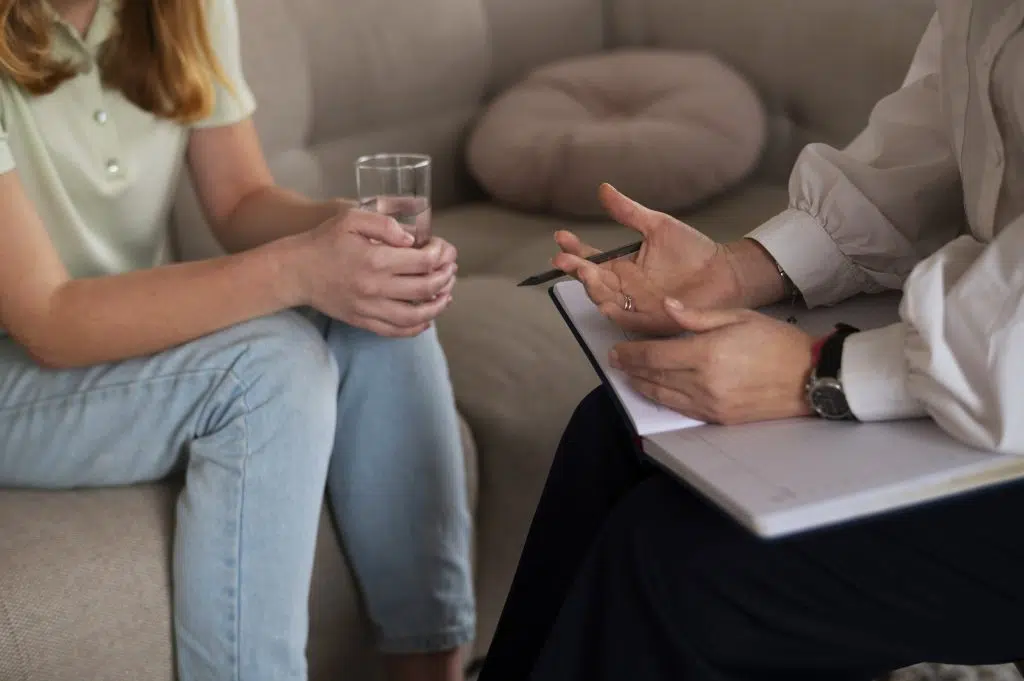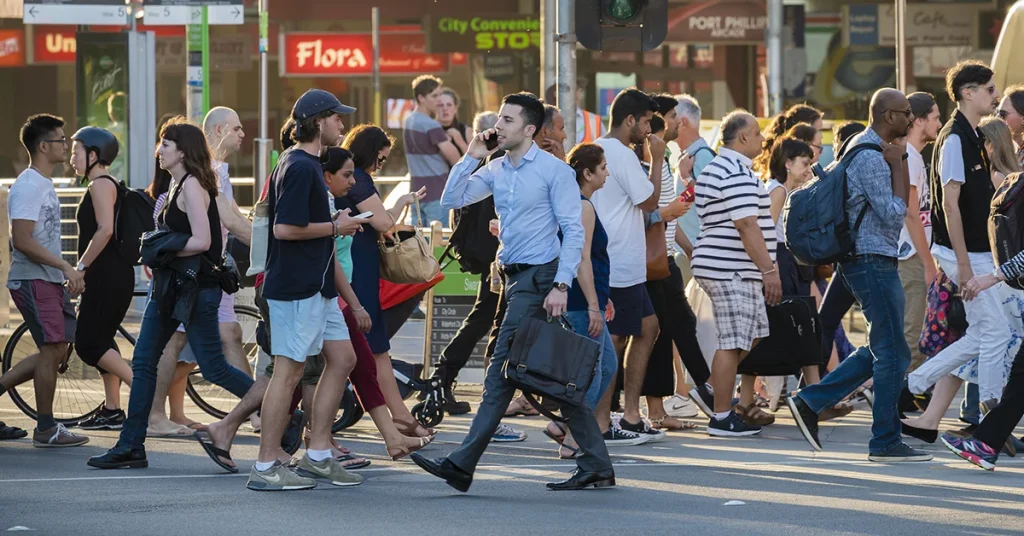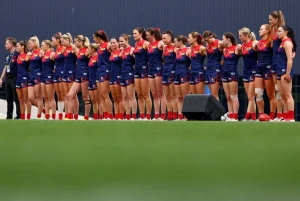Mental Health in Melbourne Today – What Needs to Know and How We Can Help Each Other
Melbourne is a city full of energy — from the buzz of Swanston Street to the quiet laneways that lead to hidden cafés. It’s a place where students, workers, families, and visitors all cross paths. But behind the coffee culture and footy rivalries, there’s a quieter story unfolding: many Melburnians are struggling with their mental health.

Mental distress is not just about medical diagnoses. It shows up in everyday life — in sleepless nights, strained relationships, fears about safety on the train, and long hours waiting in emergency rooms. For some, it’s the crushing pressure of bills, for others, the silence of loneliness.
As a community, we can no longer see mental health as an individual problem. It’s a Melbourne problem. And together, we must find solutions.
Content warning: This article discusses suicide, violence, and trauma. If in crisis, please call Lifeline on 13 11 14 (Australia) or your local emergency number immediately. Support is available.
Why Mental Health Matters to Everyone in Melbourne
Mental health is not a problem of an individual, but a community problem. Large and energetic city life, the diversity of cultures, the bustling urban lifestyle, and variety of neighbourhoods are experiencing growing demands on mental health. Ordinary Melburnians, be it a worker, be it a student, be it a parent, be it a carer, be it a senior, are being affected by anxiety, depression, social isolation, and emotional distress.
It is important to know what supports are available and the reasons that contribute to mental health decline in Melbourne in case we want our city to become a safe place where every person can recover and flourish after difficult experiences and tragic events.
What’s Happening – The Mental Health

The recent Australian study discloses shocking facts which are brought close to the home in Melbourne:
- In Australia, 1 in every 5 people aged between 16 and 85 years encounter a mental health condition annually, which is mainly anxiety and depression. One in almost every half of the Australian population will have a mental health challenge in their lives.
- More than 570,000 individuals in Victoria live with a diagnosed mental health condition taking six months or longer to be identified and many of them are behind the veil of hectic lives.
- The highest level of distress in the state is reported by young people (16-24) and, more specifically, women, who may balance between studying, working with no certainty and social pressure.
- Social causes like increased housing prices, work insecurity and continued after-effects of the pandemic are also major causes of the mental health issues exacerbation among many Melburnians.
- Isolation and loneliness are especially ill-affected to the aging population and those with a multicultural background in the sprawling suburbs of our city.
Although awareness is becoming more popular, a lot of people continue to experience difficulties, and most of them are not vocal about it, as they do not have access to timely and affordable assistance.
Why Are More People Feeling This Way? The Root Causes of Declining Mental Health
The intricate social makeup and the city issues of Melbourne contribute to a significant influence on the mental wellbeing:

- Financial Stress and Housing Affordability: The rising cost of living, and inability to afford stable housing are the perpetual sources of stress among families and the youth.
- Social Isolation: Although the Australian city of Melbourne has a rich city life, there are a lot of isolated individuals in the community, in particular, older adults and new migrants.
- Work and Study Pressures: There is high competition, job insecurity and balancing demands of modern life and many youth and workers are susceptible to anxiety and burnout.
- Trauma and Violence Public safety issues and illness news exposure (disturbing news, such as news of violence elsewhere) may aggravate anxieties and distress.
- Lapses in Mental Health Support: The problem of long waitlists and a challenging experience navigating the system also leads to delayed or no care at the time it is needed the most.
These come together to make mental health a burning issue to the diverse population of Melbourne across generation, culture and neighbourhood.
A Wake-Up Call – High-Profile Incidents and Their Impact on Community Safety and Mental Health
A terrible stabbing incident on a commuter light-rail train in Charlotte, North Carolina, in early September 2025 gave the world a shocking story of a tragic death of Iryna Zarutska, who now made headlines around continents, including this one, in Melbourne.
Although this act took place a long way across the world, it reveals one common problem in all societies across the globe: mental illness that is not treated may at times result in tragic violence affecting families and communities.
These and other accidents raise the concern of people regarding the safety in mass transit and city areas. They point out the dire necessity to have better mental health services and support networks in communities, and hence have no one left alone and in distress.
Melbourne’s Mental Health Services – What’s Available and Where We Need to Improve

Melbourne is fortunate to have a range of government and community mental health services, including:
- Medicare Mental Health Centers: Safe, no-appointment-needed centers across Melbourne offering free immediate support, staffed by mental health professionals and people with lived experience.
- State Government Services: Acute Community Intervention Services (ACIS) provide 24/7 crisis advice and short-term treatment; Community Care Units (CCUs) offer medium-to-long-term clinical care for serious mental illness.
- Youth Services: Headspace and other youth-focused programs provide early intervention tailored for young people.
- Community Organizations: Groups like Beyond Blue and Lifeline offer helplines, counselling, and peer support available 24/7.
- Culturally Appropriate Services: Organizations targeting Melbourne’s diverse multicultural and Indigenous communities improve service access and inclusivity.
However, Melburnians still face:
- Extended wait times for specialist psychological therapies.
- Shortages in crisis beds and long inpatient waiting lists.
- Inadequate services in suburban and outer metropolitan areas.
- Limited mental health awareness campaigns tailored for diverse community groups.
The Victorian government is actively pursuing reforms and service expansions, including the rollout of new Mental Health and Wellbeing Locals to offer more community-based care starting late 2025. But overcoming system gaps requires continued investment and community involvement.

How We Can Build a Safer, Mentally Healthier Melbourne Together
As individuals: Learn to identify and support mental health challenges in young people, at the earliest stage, encourage open discussions, and show empathy without being judgmental in your groups of friends, family, workmates, and neighbours.
In the workplace and at schools: Promote mental health education, flexible support policies, and access to clear options of help.
Among policymakers: Demand extra funding, more community mental health centers, culturally healthy services, fewer hurdles to crisis and long-term care.
As a community: Promote stigma reduction, foster peer support system and strive to restore the isolated individuals to cultural, social and recreational services.
If You or Someone You Care For Needs Help
- Call 000 immediately in an emergency.
- Lifeline (24/7): 13 11 14
- Beyond Blue (info & support): 1300 22 4636 or online chat
- Headspace (youth support): 1800 650 890
- Medicare Mental Health Centres: Walk in for free mental health care in Melbourne or call 1800 595 212 for info.
Remember, reaching out is a strong first step. Together, Melburnians can foster a city where everyone feels safe, supported, and hopeful about the future.
Rebuilding Hope for Future Generations
Mental health is not just about doctors and hospitals. It’s about the kind of Melbourne we want to live in.
Do we want a city where people hide their struggles, wait months for care, and carry their pain alone? Or do we want a Melbourne where asking for help is normal, where services are accessible, and where community support is woven into everyday life?
The answer lies in our choices today. By investing in care, supporting each other, and keeping compassion at the centre, Melbourne can be a safer, healthier city — one where our children and grandchildren grow up with hope.











Post Comment